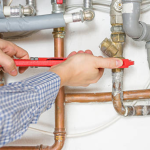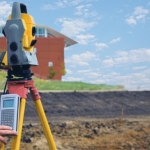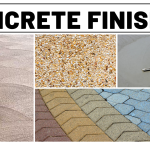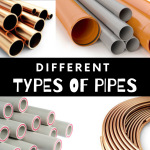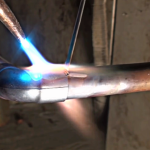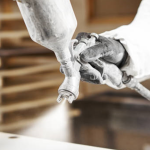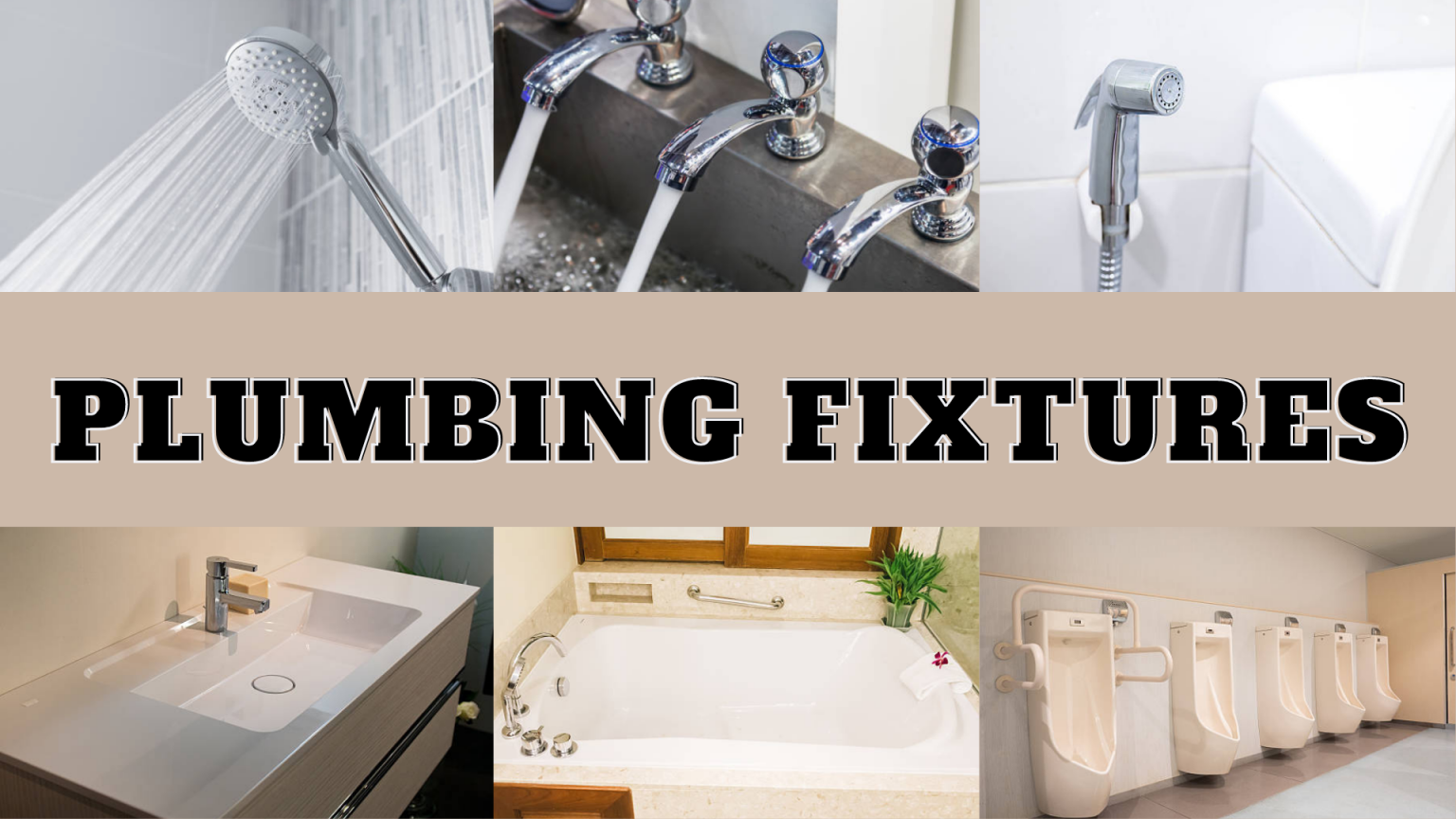
TYPES OF PLUMBING FIXTURES
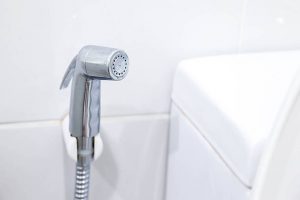
Bidet- The purpose of these types of fixtures is to clean the perineal region. Both men and women may clean using this fixture. Since the aperture is below the bidet’s flood level rim, the exit must be covered from backflow when water spray is given.
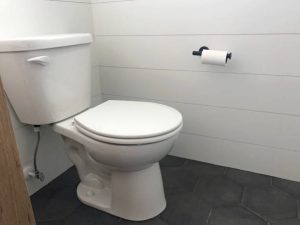
Water Closet– A human excrement disposal device that employs water as the transportation medium. There are two types of toilet bowls: round-front and elongated-front. Elongated bowls have a 2 inch aperture. A conventional bowl extends longer from the front bow. It is very recommended that this occur as a public service.
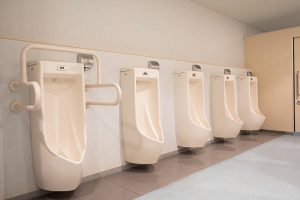
Urinals – It’s a piece of sanitary plumbing that’s just utilized for urination.
Lavatories– People can wash their hands at the sink. A public washroom is used to wash one’s hands and face. Hand and face washing, shaving, applying cosmetics, cleaning contact lenses, and other hygiene activities are all done in residential lavatories.
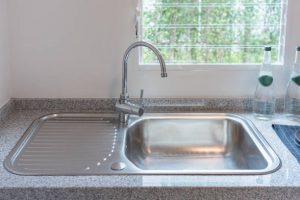
Kitchen Sink- It might be either a residential or a commercial property. Commercial kitchen sinks often feature a larger basin and a deeper bowl than home kitchen sinks.
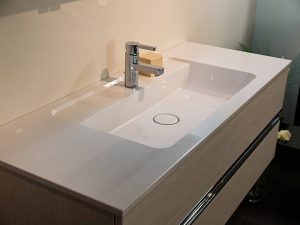
Sinks- Sinks are fixtures that aren’t kitchen or service sinks but are installed for the convenience of building users. Common installations include hospitals, doctor’s offices, labs, fast food restaurants, office complexes, and image processing facilities.
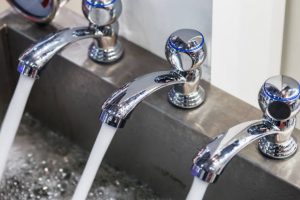
Faucets – The main functions of a faucet are to open and close it as well as to mix hot and cold water.
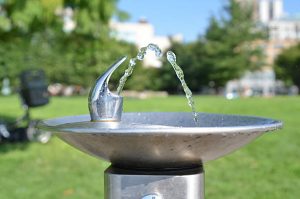
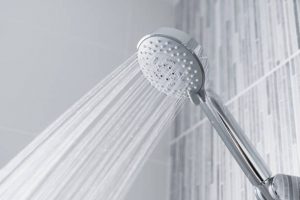
Drinking Fountains – These types of fixtures may provide users with drinking water.Shower- Designed to clean the entire body thoroughly. Because of the size and design of the shower, a user must bend at the waist to reach their lower body extremities.
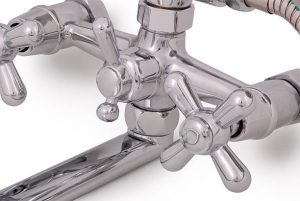
Shower valves- Shower valves must comply with ASSE 1016 and have thermostatic mixing, pressure balancing, or a combination of the two. Shower valves are responsible for controlling not just the flow and temperature of the water, but also any temperature fluctuations. These valves protect against both burning and abrupt temperature changes, which can lead to slips and falls.
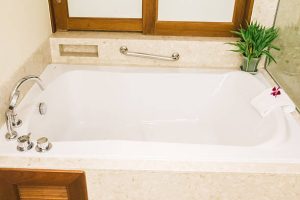
Bathtubs- Bathtubs were the first bathing and washing tools. When bathing got too time-consuming, a shower was placed over the bathtub. A combination of a tub and a shower was usual.
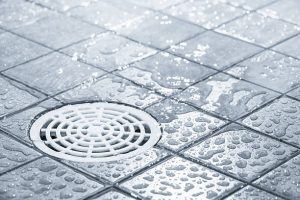
Floor Drains – A floor drain is an exception to the plumbing fixture concept. The floor drain does not have access to either cold or hot water. Every other plumbing fixture contains a water supply. In the case of a leak or overflow of water, floor drains are employed as an emergency appliance.
Emergency Fixtures- These types of fixtures are designed to wash a victim with a large volume of water when there is a chemical spill, a burn, or another hazardous material is spilled on an individual.
Types of emergency fixture
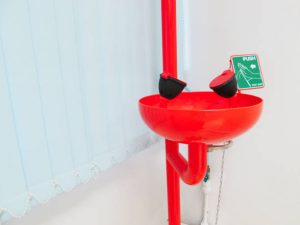
Eyewash station-for rinsing your eyes. In contrast to emergency showers, eyewash stations have a moderate water flow, which allows the eyewash to remain open during the cleaning operation. An eyewash station has a flow rate of 1.5 to 6 gpm.
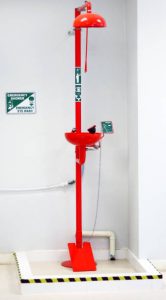
Emergency shower– Due to the huge amount of water that is discharged through the emergency shower, it’s also known as a “drenching shower.” Emergency showers generally operate at a low flow rate of 25 gallons per minute (gpm). The maximum flow rate is 100 gpm. One inch is the minimal size for a water line to connect. As a general rule, the shower head is installed 7 ft above the finished door.

